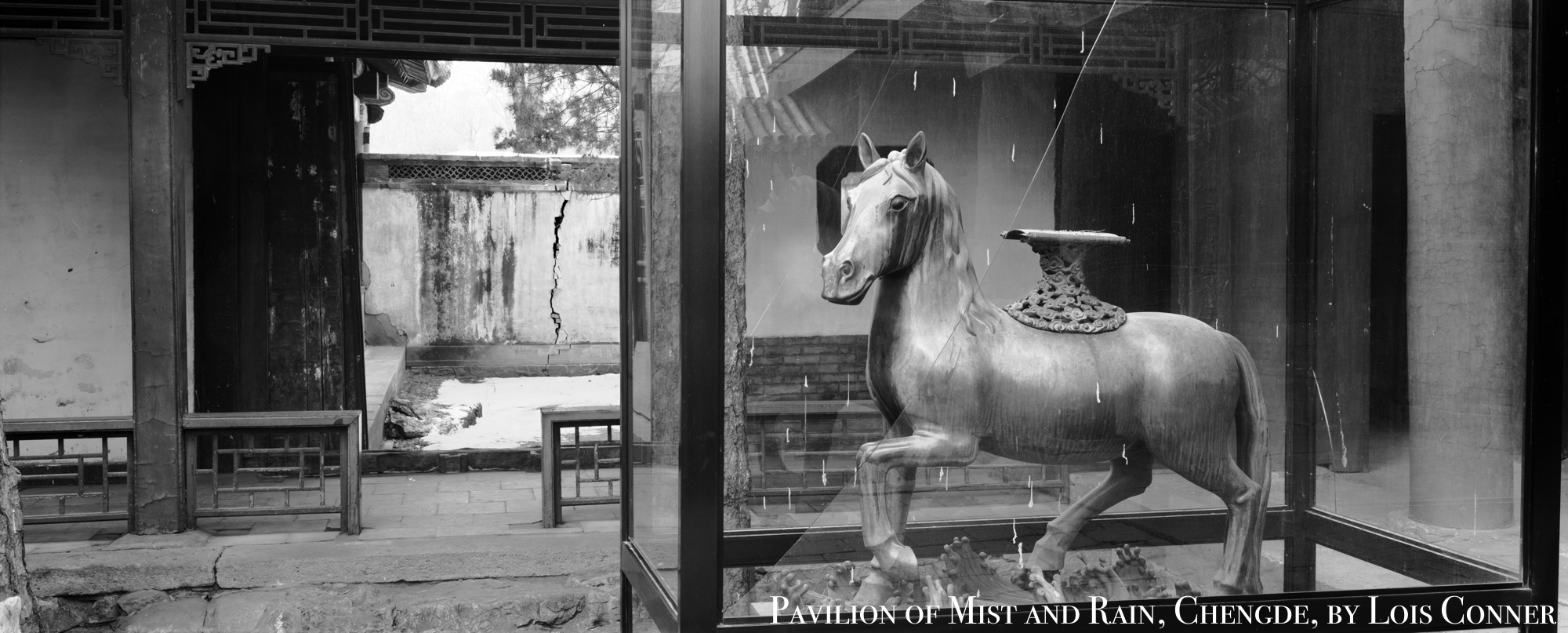The Kingdoms of Wu and Yue, a story of brushwood and bile 臥薪嘗膽
The story of King Goujian 勾踐 dates from the Warring States period (722–481BCE). Goujian of Yue (located in the area of modern Guiji outside Shaoxing, Zhejiang) invaded the neighbouring Kingdom of Wu (the area around modern Nanking) in 494 BCE. Repulsed and eventually besieged, Goujian, on the advice of his counsellors, agreed to the enemy’s terms and in 492 subjected himself to humiliating bondage to the victor. For three years the fallen king suffered, returning to the defeated land of Yue only when his captors deemed him no longer a threat. In reality, during the hard years of subjugation Goujian cultivated and nourished a profound resentment. It is said that he constantly reinforced his resolve to revenge the humiliation visited upon him and his kingdom by sleeping on brushwood 臥薪 and daily tasting bile 嘗膽, a bitter reminder of his benighted state. Freed from the bonds of servitude, Goujian raised up his kingdom once more and exacted a devastating revenge on Wu. The hubris of victory and paranoia, however, led Goujian to the fatal purging of his own supporters and advisers.
Recorded by the Han-dynasty historian Sima Qian, the story of Goujian was only occasionally referred to before the late Qing era. But in the decades of post-Opium War decline, as writer-activists excoriated their fellows and the Chinese empire for the supine response to foreign incursion, national collapse, and the bankruptcy of the country’s civilisation, the tale of Goujian and a taste for revenge came into sharp focus. At a time of mounting national crisis, when many feared that China itself could well perish 亡國, ancient heroic exemplars like Goujian, as well as other historical incidents of moment, were actively recalled by contemporary writers to rouse a spirit of fortitude and determination in their readers.
— from a review essay of Paul A. Cohen’s Speaking to History: The Story of King Goujian in Twentieth-Century China by Geremie R. Barmé, with modification

